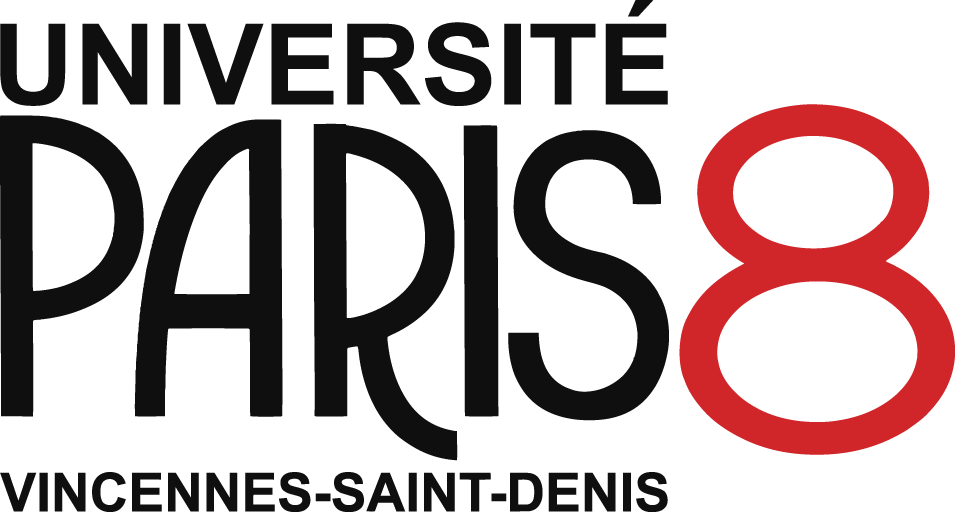The virtual world: Attachment-related issues and risks
Monde virtuel : enjeux et risques liés à l’attachement
Résumé
One of the main motivations to use the Internet is social communication. Attachment is determining in the way people interact and consider others. Specific characteristics of on-line interactions are better suited for people with insecure attachment: the anonymity and asynchrony offered by on-line interactions allow socially anxious people to be more confident in expressing themselves. In particular, preoccupied persons can seek support and comfort on the Internet. But as in “real life”, they tend to be jealous and keep an eye on their romantic partner. Likewise, people with fearful attachment seem to overcome their usual avoidance on the Net to adopt similar behaviors. Avoidant persons tend, as in face-to-face interactions, to keep others at a distance. They maintain a high degree of anonymity. The Internet thus constitutes a safe environment in which to interact. Nevertheless, the benefits some may find may encourage them to stay in the virtual world. Insecure attachment is related to problematic Internet use (PIU). Preoccupied attachment in particular is the most predictive of PIU. Although adolescence is a critical period regarding PIU, few studies actually cover this age range. Studies focusing on online games also point to preoccupied attachment as most strongly associated with PIU. Most studies have focused on student samples via self-reports, thereby reducing generalization, and possibly leading to common method biases. Future studies examining more closely which on-line activities are associated with attachment should bring further understanding to the underlying motivations at play and hence, on the way therapeutic intervention of PIU could be improved. (PsycINFO Database Record (c) 2017 APA, all rights reserved)
Une des principales motivations pour utiliser Internet est la communication sociale. Or, l’attachement est un déterminant majeur des interactions. Les spécificités des interactions sur Internet permettent aux personnes insécures de contourner leurs difficultés relationnelles. Celles qui ont une image négative d’elles-mêmes (attachement préoccupé et craintif) s’y exposent et s’y lient plus facilement. Celles qui ont une image négative des autres (attachement évitant et craintif) arrivent à y être proches et intimes. Ces avantages peuvent les inciter à rester dans ce monde virtuel. Outre cette fonction sociale d’Internet, les jeux en ligne offrent la possibilité de s’immerger dans un monde, meilleur pour certains. En cela, la sécurité d’attachement, parce qu’elle découle de relations satisfaisantes dans la « vraie vie », constitue un facteur de protection contre un usage problématique d’Internet. L’identification des facteurs motivant le recours des personnes insécures à Internet devrait permettre d’adapter les prises en charge d’une utilisation excessive.
